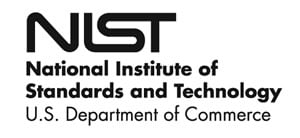RSS feed source: National Institute of Standards & Technology
OKLAHOMA CITY –If you sustained damage from the March 14-21 wildfires and straight-line winds, and initially did not receive FEMA assistance because of insurance coverage, you may now be eligible. For residents in Cleveland, Creek, Lincoln, Logan, Oklahoma, Pawnee and Payne counties, if your insurance did not cover all damages or if your reimbursement is delayed, FEMA may be able to help.
While FEMA cannot duplicate insurance payments, it may be able to help where insurance did not.
You may be eligible for FEMA Individual Assistance if you:
Were denied insurance benefits by your insurance company, orYour insurance claim has been settled and you can demonstrate to FEMA that your settlement didn’t cover your disaster-related essential needs.
Survivors who apply with FEMA may be eligible for Housing Assistance and Other Needs Assistance (ONA). Housing Assistance may include help with rentals, home repairs and home replacements. ONA may include help with personal property, medical expenses, dental expenses, funeral expenses, childcare, transportation, and other miscellaneous items.
The first step is to contact your insurance company to request one of the following documents:
A denial letter, or proof that you are not being covered by your insurance company.A settlement letter, or exactly what is being covered by your insurance company.A delay letter, or proof there has been no official decision yet by your insurance company on your insurance claim, and it has
Click this link to continue reading the article on the source website.


